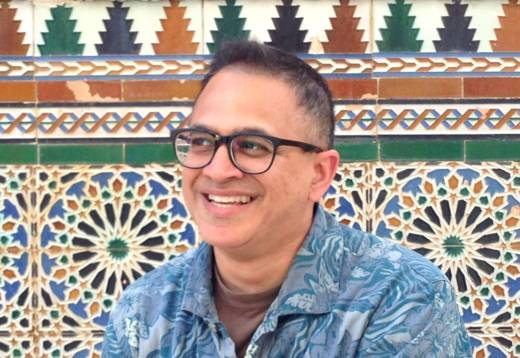What do a checkup and voting have in common? Dr. Abhay Dandekar believes that both amount to civic and personal investments in our well-being.
As part of my civic duty, I recently mailed in my ballot and voted in our primary election. It reminded me of a conversation nearly 18 months ago in the hallway of my clinic. During the fall 2016 election, a father of two kids asked me, their pediatrician, whether I was going to vote. We'd been talking about Oakland’s housing and transportation challenges that fall. He said he was not going to vote because “nothing was going to change.”
I then asked if he was going to get his flu vaccine. He said yes because "they said it was going to be a bad flu season this year.” I asked him why he would get his flu shot, but not vote, and why one was more important than the other. He just shrugged... “My job said I have to get the flu shot….but nobody said I have to vote.”
To me, it was a puzzling example of how we minimize large scale social prevention and improvement that is fundamentally in our own control. In my profession, I use screening and vaccination as powerful strategies to identify and prevent disease. In our communities, voting offers that same kind of empowered strategy to reshape and redefine the conditions that promote health through wellness and equity. Almost 1 in 5 children live in poverty and nearly 1 in 6 live without food security, among many other toxic stressors. Our ability to shape social and economic policies lives with our individual vote and dies with our collective apathy.
So, in essence, voting is like our democracy’s “regular checkup” and we all must register and make our “appointment.”
